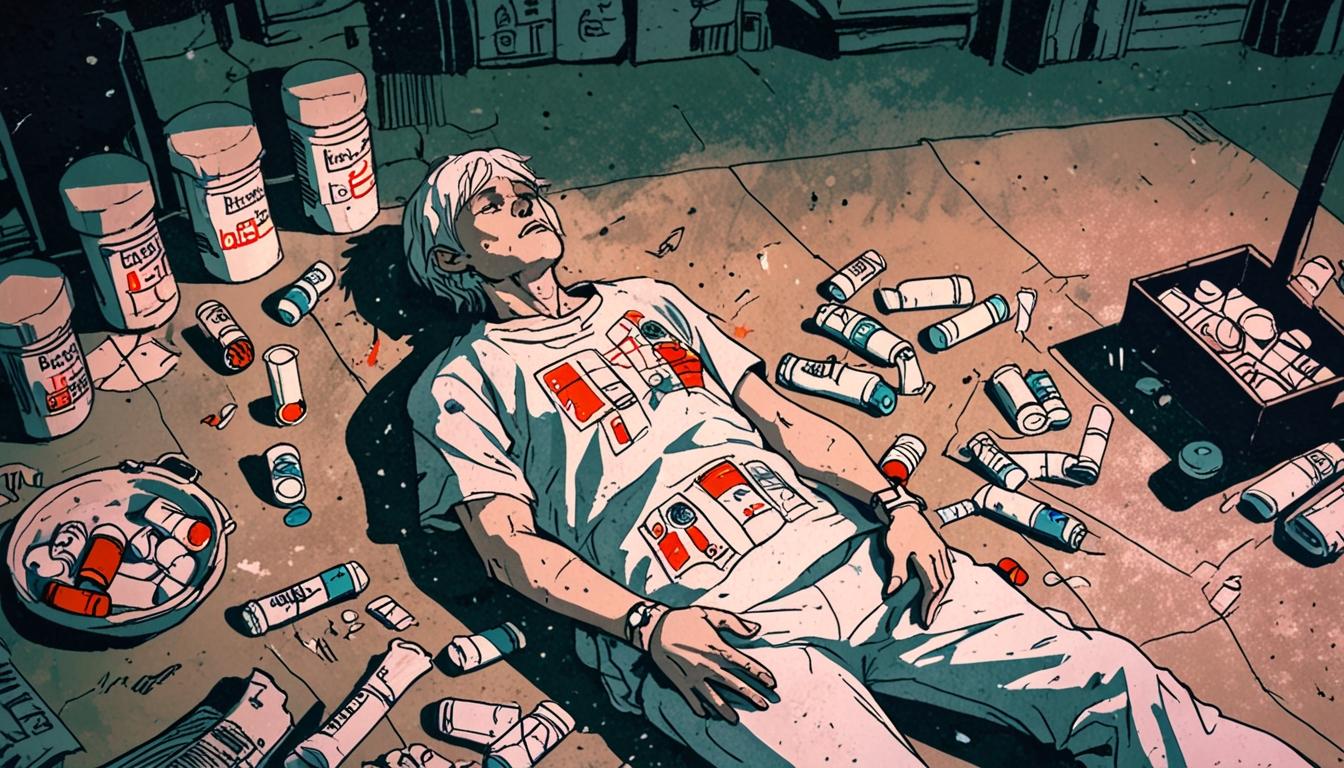The Chair of the Irish Medical Organisation (IMO) consultant committee has raised serious concerns about the current state of psychiatric services in Ireland, warning that the "dumbing down" of these services is adversely affecting patients. This deterioration is exemplified through increased waiting lists, inadequate governance, and poor oversight of care delivery.
Professor Matthew Sadlier, a Consultant Old Age Psychiatrist and Chair of the IMO consultant committee, addressed these issues during a panel discussion titled “Confronting the Care Deficit for Patients with Severe and Enduring Mental Illness” at the IMO Annual General Meeting held in Killarney on Saturday, 26 April.
Professor Sadlier highlighted that the shift of psychiatric services from traditional hospital-based settings to distributed community care has resulted in significant challenges. He noted that patients often face difficulties in receiving adequate monitoring of medications and timely diagnostic assessments, thereby risking poorer health outcomes. According to him, the distributed nature of service delivery has introduced a pronounced postcode lottery, where access to psychiatric care varies significantly across different regions of the country.
This decentralised model has also complicated governance structures. Professor Sadlier explained that Non-Consultant Hospital Doctors (NCHDs) and their supervisors frequently operate from different locations, necessitating unnecessary travel that wastes valuable time and reduces overall productivity within psychiatric services.
“Psychiatry is a complex medical specialty, but the HSE treats it as if it is a form of applied social care," Professor Sadlier observed. “The move to community psychiatric services is a logistical mess, with several key stakeholders regularly working in different locations and the availability of accessible services increasingly determined by a patient’s Eircode.”
Further concerns were raised regarding the perceived erosion of psychiatric expertise. Professor Sadlier criticised recent legislative measures — such as the Assisted Decision-Making Capacity Act and the proposed Mental Health Act — for equating the roles of diverse health and social care professionals, regardless of their specialised training. He explained that under current provisions, practitioners from eight distinct specialties, including occupational therapists, registered midwives, registered nurses, social workers, and speech and language therapists, are authorised to determine whether a patient lacks capacity. In such cases, control of the patient’s affairs may be transferred to another person.
Professor Sadlier emphasised the complexity involved in neurocognitive assessment, stating: “Neurocognitive assessment is a complex task that requires specialisation to complete adequately. Given that this function can lead to the loss of personal liberty guaranteed by the constitution, not making this a specialist function is mind-boggling.”
These warnings by Professor Sadlier underscore significant systemic challenges facing mental health services in Ireland, indicating a pressing need for review of service models, governance frameworks, and legislative approaches to capacity assessment within psychiatric care.
Source: Noah Wire Services
